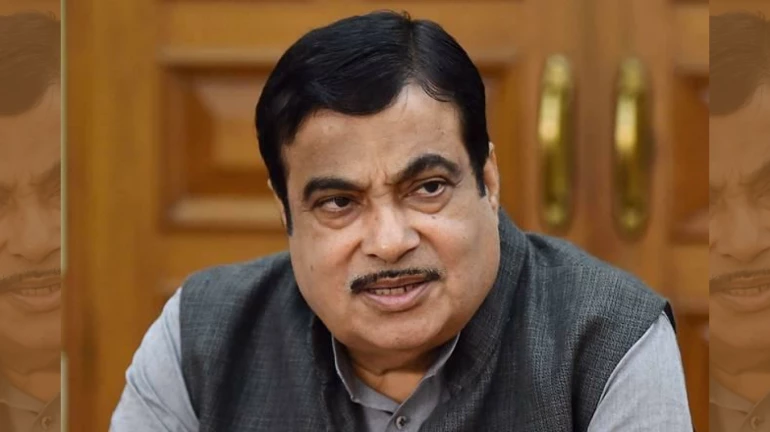
Union Minister for Transport and National Highways, Nitin Gadkari, shared that a senior opposition leader had approached him with an offer to become the Prime Minister before the 2024 Lok Sabha elections. Gadkari made this statement during a journalism award event in Nagpur. A report in the Indian Express mentioned that the leader was presented with a promise that, if he agreed, the opposition leader would work towards securing his place as Prime Minister. However, Gadkari turned down the proposition without hesitation, asserting that it contradicted his personal values.
Decision and Conviction
Elaborating on his refusal, Gadkari highlighted his lifelong commitment to ideology and conviction. He mentioned that he has always lived and worked by principles and further emphasized that he never had aspirations of becoming the Prime Minister and that his upbringing, which was deeply rooted in moral values, prevented him from entertaining such an offer. His response, he indicated, was immediate and firm, driven by his belief that certain principles are non-negotiable. Although Gadkari refrained from naming the opposition leader or divulging more details, his revelation has sparked widespread discussion within political circles. The fact that such an offer was made has surprised many, particularly within his own party, the BJP. Gadkari’s statement has added a new layer of intrigue to the political landscape as the 2024 elections approach.
Political Friendships and Relationships
Gadkari’s cordial relations with leaders from across the political spectrum are well-known. Despite his deep roots in the RSS-BJP ecosystem, he has maintained strong personal and professional relationships with key figures in the opposition, including Congress leaders. In Maharashtra, he enjoys a close rapport with Uddhav Thackeray, president of Shiv Sena (UBT), and Sharad Pawar, president of the NCP (SP). These relationships, despite differing ideologies, have often seen him share public platforms with Pawar, where they have expressed mutual admiration. Gadkari also took the opportunity to reflect on his longstanding friendship with the late Communist leader A B Bardhan, a relationship that many had questioned over the years. Gadkari explained that he respected Bardhan’s unwavering commitment to his party, emphasizing that conviction is what matters most in any field, whether politics or otherwise.
Shifting focus to the state of journalism, Gadkari expressed concern over a certain set of journalists and criticized individuals who misuse the Right to Information (RTI) Act for personal gain, referencing one person who owns a luxury Mercedes. His remarks pointed to a broader worry about the erosion of journalistic ethics in certain sections of the media.





